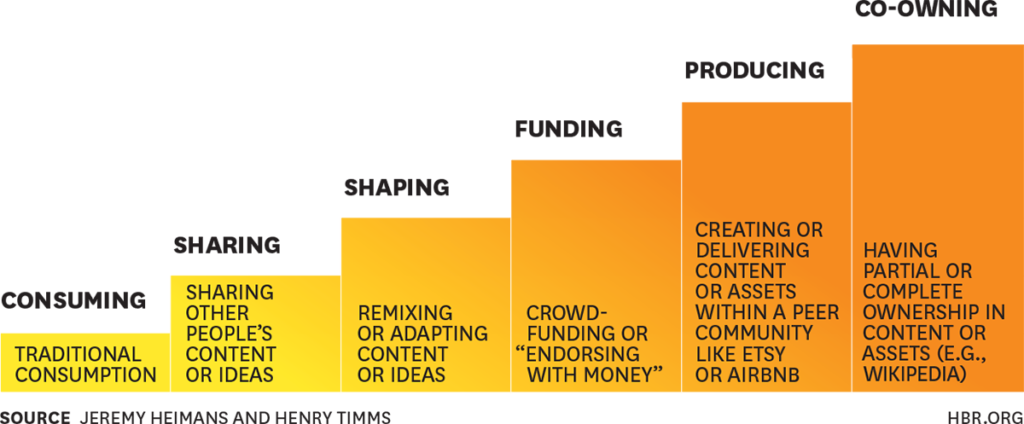
The argument that democracy is in long-term decline stems from two major causes, notes Thomas Kent, the President of Radio Free Europe/Radio Liberty (RFE/RL):
- The first is the tapestry of economic, social, and political woes in democratic countries. They have plunged many citizens of these nations into such a vortex of pessimism, self-doubt and mal du siècle that telling any good story about democratic values feels like espousing half-truths or propaganda.
- The second is the perceived successes of non-democratic countries, particularly the galloping economic accomplishments of China and the military and cyber power of Russia.
 But there are grounds to be optimistic about prospects for democratic renewal, as advanced by the Prague Appeal (right).
But there are grounds to be optimistic about prospects for democratic renewal, as advanced by the Prague Appeal (right).
While it’s hard to know when Western democracies will recover from their current malaise, other trends are unfolding before our eyes that will put heavy pressures on the authoritarian regimes that look so redoubtable today, he writes for The American Interest:
Jeremy Heimans and Henry Timms identified some of these currents in an important article several years ago in the Harvard Business Review. They noted that “old power” leaders have traditionally based their authority on hierarchies that own, know, or control something in limited supply—like capital, factories, or data. The hierarchies have plenty of these assets, and no one else does.
By contrast, “new power” is open, participatory and peer-driven. It creates ever more resources and products, with a premium on collaboration and sharing. Its virtues are transparency, teamwork, flexible alliances, and a “do it yourself” ethic, Heimans and Timms say. Together, these trends represent a nightmare scenario for regimes built on secrecy, rank and control.







